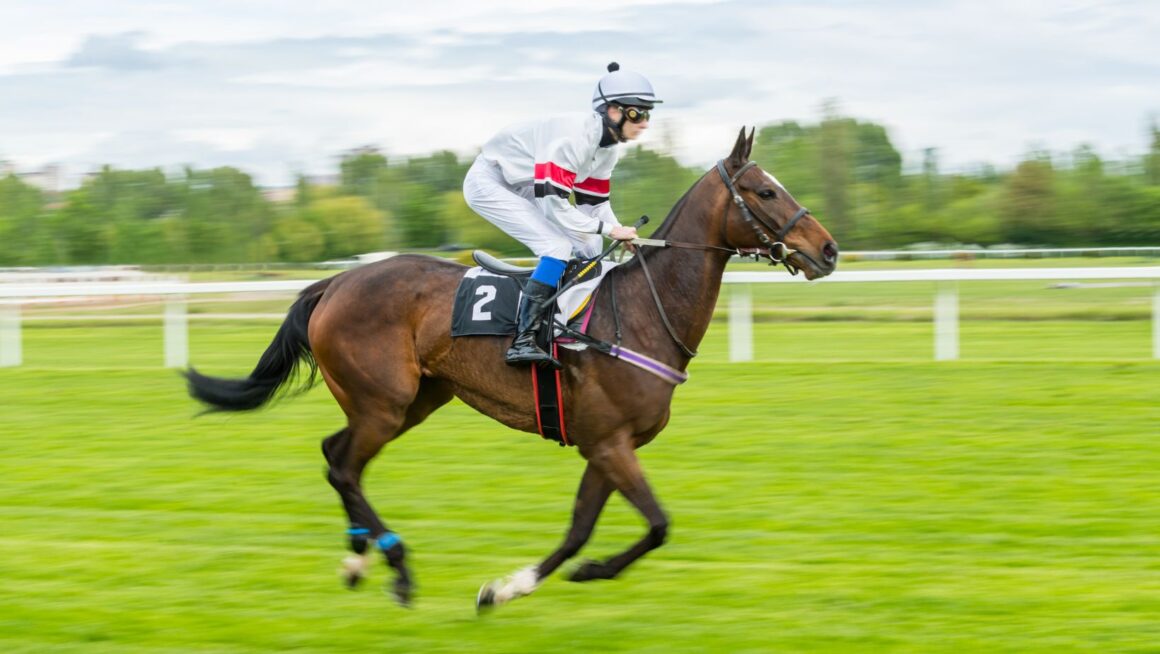Horse racing is a sport steeped in tradition and excitement, captivating audiences worldwide. While luck plays a role, understanding the factors that contribute to a horse’s performance can significantly enhance the viewing experience and inform betting decisions. This article delves into the key elements that make a horse ready to win, offering valuable insights for race fans.
Understanding Betting Strategies
For many race fans, betting adds an extra layer of excitement to the sport. Understanding odds for betting on horse races is crucial for making informed betting decisions. Odds reflect the perceived probability of a horse winning a race, and they are influenced by various factors, including the horse’s form, the jockey, and the track conditions. Familiarising yourself with different types of bets and developing a betting strategy can enhance your enjoyment of the races. A key element of any betting strategy is determining your stake, which is the amount of money you are willing to wager on a particular race. Responsible gambling involves setting a budget and sticking to it, ensuring that your stake is always within your means.
The Role of Data Analysis
In modern horse racing, data analysis plays an increasingly important role. Tools and software are available to analyse vast amounts of data related to horse performance, including speed figures, and other metrics. These analytical tools can provide valuable insights for trainers, owners, and bettors, helping them make more informed decisions.
Pedigree and Breeding
A horse’s lineage plays a crucial role in its racing potential. Examining a horse’s pedigree can reveal valuable information about its inherited traits, such as speed, stamina, and temperament. Certain bloodlines are known for producing successful racehorses, and understanding these lines can provide a valuable advantage. While pedigree is not a guarantee of success, it offers a strong indication of a horse’s genetic predisposition for racing.
Training and Conditioning
Proper training and conditioning are essential for preparing a horse for competition. A well-structured training regimen focuses on developing the horse’s strength, speed, and endurance. This involves a combination of exercise, including galloping, workouts, and rest periods. The training schedule is tailored to each horse’s individual needs and fitness level. A skilled trainer can identify a horse’s strengths and weaknesses and design a programme to maximise its potential.
Form and Past Performances
Analysing a horse’s form and past performances is a key aspect of handicapping. This involves reviewing the horse’s previous race results, including its finishing positions, times, and the conditions of the races. Examining factors such as the distance of the race, the track surface, and the competition can provide valuable insights into a horse’s current form.

A horse that has consistently performed well in similar conditions is more likely to perform well in future races.
Jockey and Riding Style
A jockey’s skill and riding style play a crucial role in a horse’s performance, making their partnership essential to horse racing success. Skilled jockeys communicate with the horse through subtle cues and make quick, strategic decisions during a race. Each jockey brings a unique style, with some excelling in sprints and others in endurance races. The trust and bond between horse and jockey are also vital, as a strong connection boosts the horse’s confidence and performance. A well-prepared horse paired with an experienced jockey is a key factor in predicting race outcomes.
Track Conditions and Surface
The racetrack’s condition and surface type significantly impact a horse’s performance. Like athletes, horses have preferences and perform better on certain surfaces—dirt, turf, or synthetic. Some excel on dirt due to better grip, while others thrive on turf with its softer footing. Weather adds complexity; rain can create slippery or muddy tracks, and extreme heat can affect stamina and hydration. Reviewing a horse’s past performance on different surfaces and in varying weather provides valuable insights for trainers, bettors, and racing fans.
Health and Fitness
A horse’s health and fitness are crucial for peak race performance. Even minor injuries or health issues can affect its ability to compete. Regular vet check-ups, proper nutrition, and tailored fitness plans are key to keeping the horse in top shape. Trainers closely watch for signs of discomfort or fatigue, adjusting care routines as needed. Rest and recovery between races are just as important as training to prevent overexertion. Careful attention to a horse’s health can mean the difference between success and underperformance on race day.
Final Thoughts
Many factors contribute to a horse’s ability to win a race. From pedigree and training to jockey skill and track conditions, understanding these elements can significantly enhance the experience for race fans.

By considering these insights, you can gain a deeper appreciation for the sport and make more informed decisions when assessing the potential of each contender.

